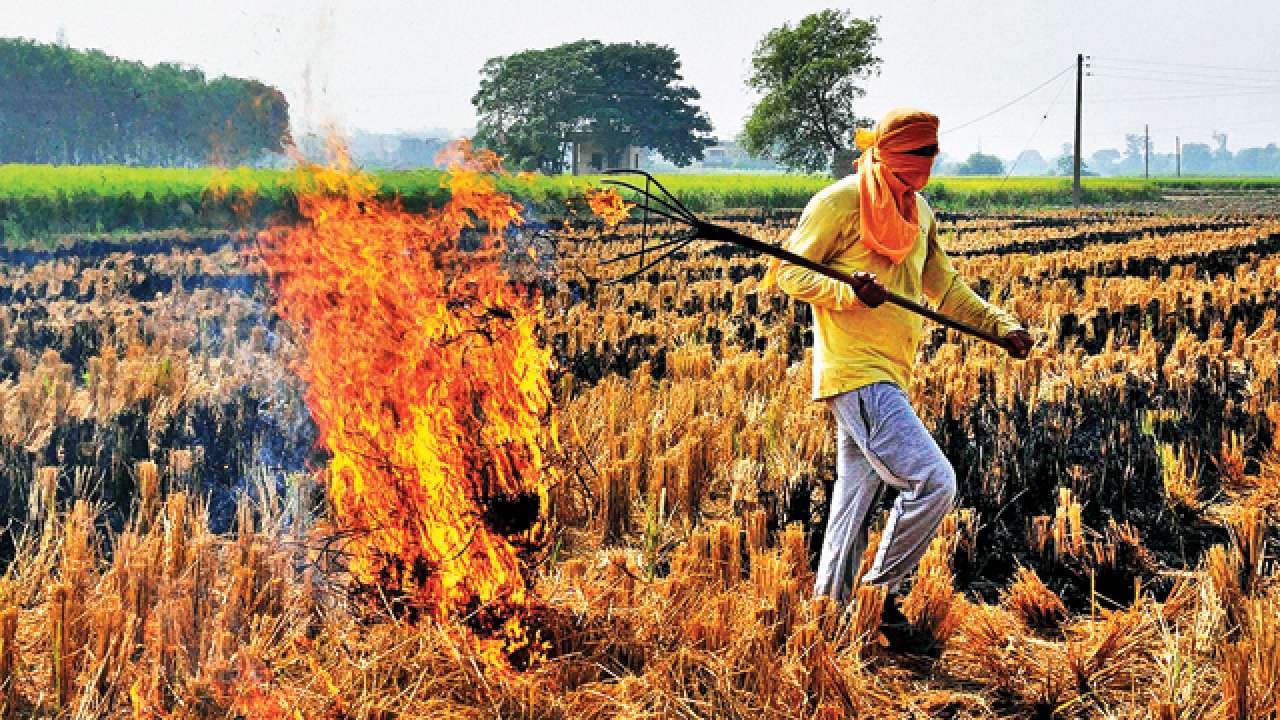
The Supreme Court’s ban on the sale of crackers after the worrying increase in pollution levels, especially during the Diwali season, with Delhi resembling a “gas chamber” in 2016, received polarised reactions. Public health and environmental protection necessitate the stopping of use of crackers. However, the question remains whether this should be forced through a judicial order or evolved through self-regulation and social consciousness which can be sustained over time. The admission of the judges who passed the judgement that the Apex Court’s orders were likely to be violated showcases the fact that judicial activism can lead to a decrease in command and respect alongside a deteriorating public perception for the law of the land. It was seen in the protests by various groups burning crackers in front of the SC to register their dissent. The Air Quality Index and CPCB data also showcased the lack of any remarkable decrease in pollution despite marginal betterment which remains a point of debate due to lack of adequate official data.
The problem of pollution and environmental degradation at large is the result of contemporary human lifestyle which relies on relentless consumerism among other factors. It has led to severe problems and crises which should also remain an integral part of the discourse on public health. Repeated fires in the East Delhi Ghazipur landfill site, for example, have led to pollution equivalent to that stemming from the past three Diwali celebrations owing to the mismanagement of waste. Another point of concern is the burning of agricultural waste, including the widely initiated “Parali” fires of Punjab and Haryana which had led to the levying of fine on 550 farmers. This apathetic attitude also extends to campus politics with the recent DUSU elections wherein student leaders used huge posters despite an NGT Order and an attempt to enforce the Lyngdoh Committee recommendations. Lack of awareness or legal enforcement in these cases while present as causative agents are only superficially so, with major points of contention being the lack of comprehensive system building which can reduce such instances while providing alternative models to these harmful practices. The onus of this lies with the state which needs to pursue environmental protection as an important issue linked with all spheres rather than in isolation. We need to see that public discussion and concern is no longer restricted only to scattered observations around Diwali or the winter spike in smog but constant in its pursuit.
Another contention with this ban and many other policies is the compartmentalised approach employed by targeting only specific spheres or regions like Delhi NCR when the problem is pan-India. This year high levels of pollution were seen in most metros of India thus proving that the SC’s ban is only a fragmented solution. The problem of pollution also showcases the collapse of governance with the Pollution Controlling boards, municipal bodies and the governments failing to gain progress despite repeated attempts. In a political environment where the government’s agenda of good governance is supreme, perhaps the festival of lights can be illuminated throughout the nation from public participation for change.
The author is a student at Kamala Nehru College, Delhi University